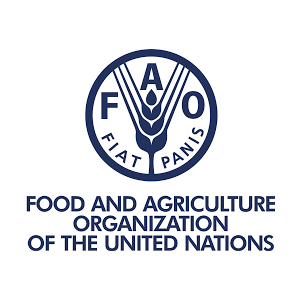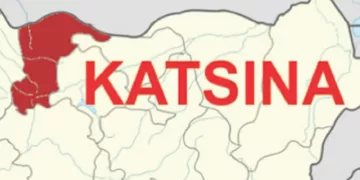The Food and Agriculture Organisation of the United Nations (FAO) has emphasised the critical need to strengthen veterinary services in West and Central Africa to combat emerging infectious diseases, transboundary animal diseases and zoonoses.
At the regional meeting for the Front-line In-Service Applied Veterinary Epidemiology (ISAVET) programme in Abuja FAO’s country representative to Nigeria and ECOWAS, Dominique Koffy Kouacou highlighted the importance of building an integrated strategy for animal health workforce development.
Represented by Tofiq Braiman, Kouacou noted that the growing burden of these diseases poses significant threats to animal and human health and food safety and security.
He stated that the ISAVET programme, initiated by the FAO in 2018 with the support of the United States Agency for International Development (USAID), has made significant strides in building workforce capacity in field epidemiology across twelve countries in West and Central Africa, including Nigeria.
The training programme is designed to improve surveillance and response to health security threats in a harmonised and sustainable manner, tailored to the unique needs of each country.
He stated that the ISAVET programme’s in-service training model has allowed for the rapid integration of its benefits into national veterinary services, ensuring that positive impacts on health security and food production are quickly realised.
During the session, minister of state for agriculture and food security, Sabi Abdullahi, stated that the ISAVET programme aligned with Nigeria’s goals of strengthening the animal health system to ensure food security, and protecting public health.
Represented by Dr Musa Inuwa, the minister stressed the importance of regional collaboration in veterinary epidemiology, particularly in addressing transboundary diseases like Highly Pathogenic Avian Influenza, Foot-and-Mouth Disease, and African Swine Fever.
We’ve got the edge. Get real-time reports, breaking scoops, and exclusive angles delivered straight to your phone. Don’t settle for stale news. Join LEADERSHIP NEWS on WhatsApp for 24/7 updates →
Join Our WhatsApp Channel










